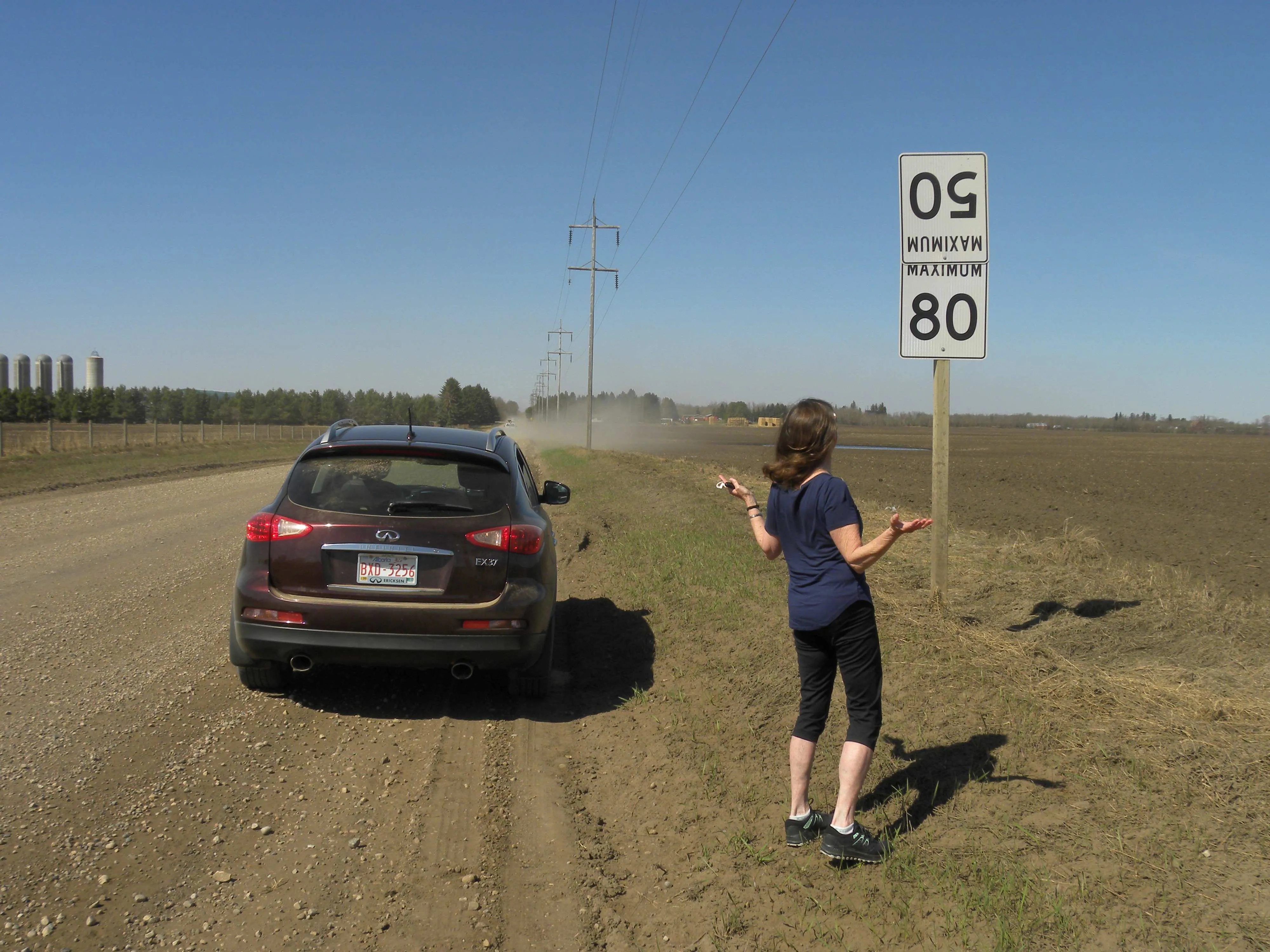A new report suggests that making all vehicles autonomous could prevent up to 95% of all traffic crashes. But the report also highlights how government and industry need to urgently address the barriers to adoption, regulatory and insurance issues. This new report has been produced by the Institution of Mechanical Engineers in the UK. It calls for urgent action by both government and industry to encourage the greater use of autonomous and driverless vehicles.
February 10, 2016
Read time: 3 mins
A new report suggests that making all vehicles autonomous could prevent up to 95% of all traffic crashes. But the report also highlights how government and industry need to urgently address the barriers to adoption, regulatory and insurance issues. This new report has been produced by the Institution of Mechanical Engineers in the UK. It calls for urgent action by both government and industry to encourage the greater use of autonomous and driverless vehicles.
Philippa Oldham, Head of Transport at the Institution of the Mechanical Engineers and lead author of the report said, “We need to urgently resolve legislative, technological and insurance issues to help encourage the rollout of autonomous or driverless vehicles. “The benefits to this sort of technology are huge, with estimates that the overall UK economic benefit could be as much as £51 billion a year due to fewer crashes, improved productivity and increased trade.
“Currently 95% of all crashes happen due to driver error, so it makes sense for Government, industry and academia to redouble efforts to look at how we phase out human involvement in driving vehicles.
“There needs to be much more action from Government to help integrate driverless vehicles into the current UK transport network. This will include updates and standardisation to road signage and road markings to enable these driverless vehicles to operate in the safest way possible.
“There is also a role for the car dealerships and vehicle manufacturers as they will need to clarify how they will provide the greater level of after-sales care, technical updates and upgrades that will be required to ensure the safe introduction of these vehicles on our roads.
“Much more work needs to be done to clarify regulation and insurance issues, such as where liability lies in case of an accident.”
The Autonomous and Driverless cars report makes three key recommendations. The Transport Systems Catapult conduct a public consultation, bringing together a working group that includes industry, legislators, regulators and members of the general public. This group should look at how we can integrate and implement new regulatory regimes.
All car dealerships and garages must work with vehicle manufacturers to ensure that they can provide adequate information, and give the required training, to any new purchaser of a vehicle.
And the5432 Department for Transport needs to address the safety issues of mixed road use, looking at how autonomous vehicles can be integrated onto our road network with appropriate road signage and markings in place or updated.
Similar moves are also being made in the US with a view to preparing the ground for autonomous vehicles and the state of California has made particular progress. Other nations around the world are also making preparations for autonomous vehicles, with trials being run in countries including China and Japan.
Philippa Oldham, Head of Transport at the Institution of the Mechanical Engineers and lead author of the report said, “We need to urgently resolve legislative, technological and insurance issues to help encourage the rollout of autonomous or driverless vehicles. “The benefits to this sort of technology are huge, with estimates that the overall UK economic benefit could be as much as £51 billion a year due to fewer crashes, improved productivity and increased trade.
“Currently 95% of all crashes happen due to driver error, so it makes sense for Government, industry and academia to redouble efforts to look at how we phase out human involvement in driving vehicles.
“There needs to be much more action from Government to help integrate driverless vehicles into the current UK transport network. This will include updates and standardisation to road signage and road markings to enable these driverless vehicles to operate in the safest way possible.
“There is also a role for the car dealerships and vehicle manufacturers as they will need to clarify how they will provide the greater level of after-sales care, technical updates and upgrades that will be required to ensure the safe introduction of these vehicles on our roads.
“Much more work needs to be done to clarify regulation and insurance issues, such as where liability lies in case of an accident.”
The Autonomous and Driverless cars report makes three key recommendations. The Transport Systems Catapult conduct a public consultation, bringing together a working group that includes industry, legislators, regulators and members of the general public. This group should look at how we can integrate and implement new regulatory regimes.
All car dealerships and garages must work with vehicle manufacturers to ensure that they can provide adequate information, and give the required training, to any new purchaser of a vehicle.
And the
Similar moves are also being made in the US with a view to preparing the ground for autonomous vehicles and the state of California has made particular progress. Other nations around the world are also making preparations for autonomous vehicles, with trials being run in countries including China and Japan.








